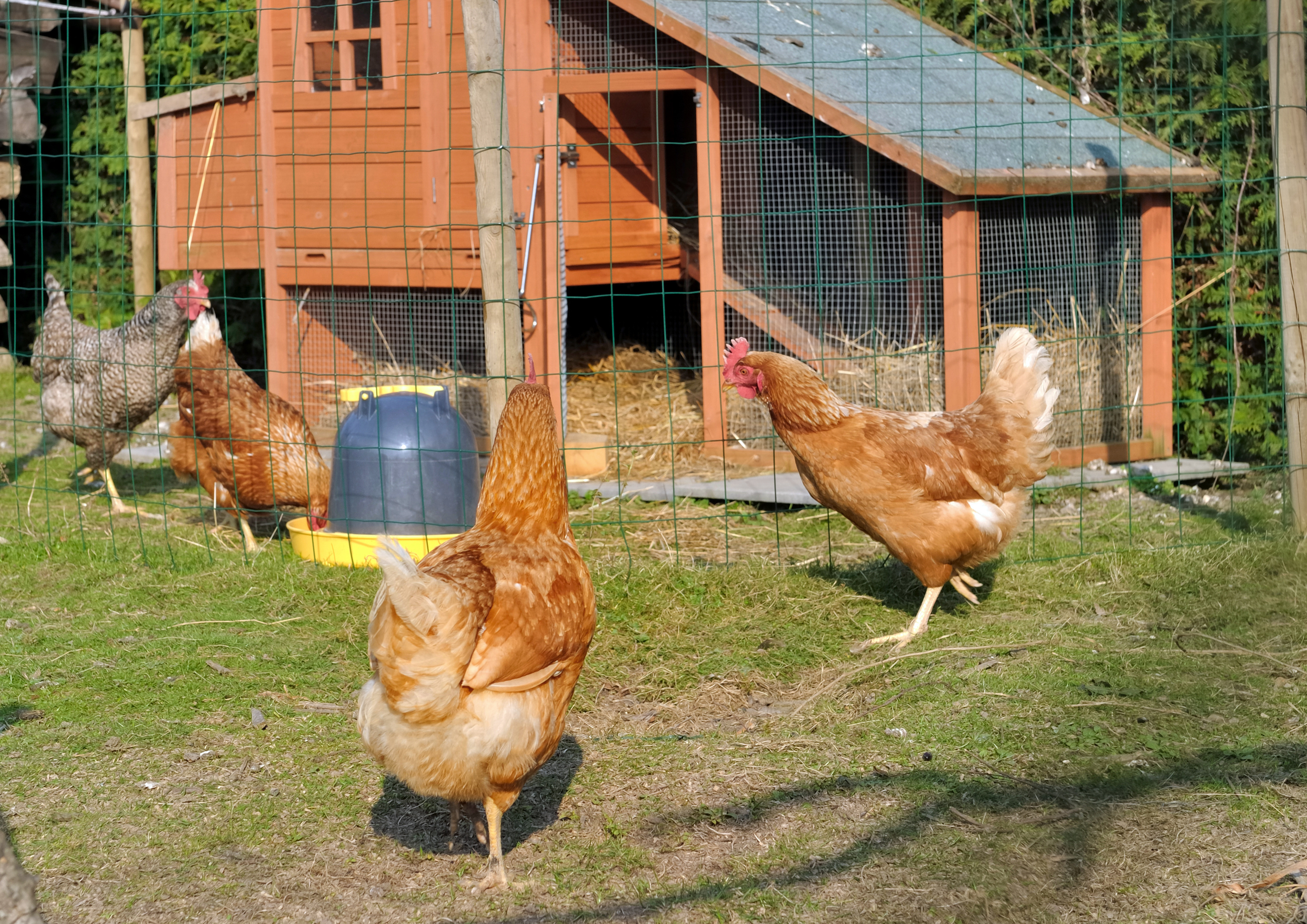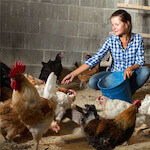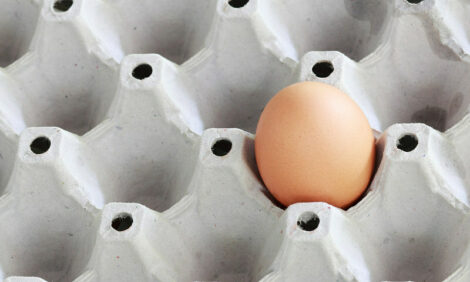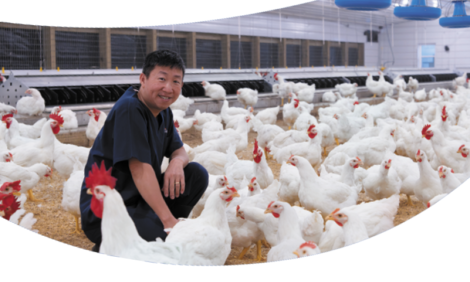



5 ways 2020 changed the backyard chicken industry
No industry was prepared for the COVID-19 pandemic and no industry has been without drastic changes as 2021 begins. The poultry industry is no exception, and backyard keepers played a central role in its latest innovations and trends.Five of these changes to the backyard poultry industry are particularly noteworthy and will be discussed further below.
Increased Popularity of Backyard Chickens
Perhaps the most obvious effect that COVID-19 had on the industry was an exponential increase in backyard chicken farming as a whole. The demand for chicks arose for a variety of reasons, namely to save money and relinquish boredom.
With coronavirus cases on the rise, many processing plants experienced temporary shutdowns that resulted in higher poultry costs. With many consumers laid off and unable to find remote work, the public sought an alternative to paying higher prices for their poultry essentials and settled on starting backyard farms. While initial investments for backyard poultry operations are high and initial returns are low, the returns over time are substantial and encouraged many Americans to take the first step in producing farm-fresh eggs and poultry.
Besides the economic benefits, people working from home or between jobs found themselves with extra time on their hands. Many people who never considered backyard poultry before, or always considered it and never had the time, now found a perfect opportunity to get started.
The results left hatcheries backlogged with new chick orders. The demand was unprecedented, and while hatcheries were able to catch up to the demand further into the pandemic, the shift in clientele from large farmers who supply restaurants and processing plants to smaller backyard farmers remains significant.

Emergence and Reemergence of Diseases
The increase in backyard poultry operations has correlated with an increased demand for veterinary services as many new chicken owners find that they lack critical information on how to keep their flock healthy. While COVID-19 cannot be contracted from chickens, many other diseases can spread like wildfire without proper coop management. As a result, new farmers are seeking the help of local veterinary services, and those who have not sought help are urged to do so by veterinary researchers. These researchers are highly concerned with preventing the spread of zoonotic diseases in particular. Zoonotic diseases can spread by direct or indirect contact with chickens, from bites to simply touching infected surfaces in the coop.
Veterinarians have been a critical resource to many new chicken owners, and as a result, there has been a call for both increased training for these veterinarians and more veterinary professionals as a whole as the pandemic continues. However, whether they seek veterinary help or not, chicken owners need to learn about coop sanitation, safety, and biosecurity practices. A simple practice that backyard chicken keepers must learn about right away is proper water management. Like any living creature, chickens need clean water for survival, and dirty water is a catalyst for zoonotic diseases and Avian Influenza. As the backyard chicken industry continues growing, owners must become more educated about the increased risk of new and reemerging diseases in their flocks.
New Legislation for Chicken Ownership
Each city has its own regulations for chicken ownership that restrict things like how many chickens a family can own, coop placement, and noise levels. However, the increased interest in backyard poultry farms during the pandemic may lead to looser restrictions in many areas. Texas state Rep. James White is one advocate for these looser regulations. He suggested a bill in 2019 that would allow Texans to own at least 6 chickens, but the bill did not pass. However, since interest in chicken ownership is much higher now than it was in 2019, Rep. White intends to refile the bill sometime in 2021.
Attitudes and legislation in Texas may be part of a much larger picture. Texas is not the only state with increased backyard poultry operations, so the pandemic may very well result in new legislation across the country.
Higher Care and Maintenance Costs
Although raising chickens at home can save money on eggs and meat, care and maintenance costs have been rising since the pandemic started. One cause is the increase in infectious diseases that require medical interventions. Seeking treatment for infected chickens is essential and is cheaper than losing a productive hen, but it is still not without cost.
Consumers will also find that feed costs are rising because of the pandemic. One cause of the increased prices is a lack of healthy workers. However, the pandemic's disruption of global trade has had a large impact because less trade has led to lower product availability. Moreover, many countries have less land available for grain production than before, which further limits product availability. Strategic planning efforts will be needed worldwide to prevent prices from increasing even further.
Increased Sustainability Practices
Even before the pandemic, there has been a trend towards sustainability across all industries. Consumers, in general, want to be more socially and environmentally conscious. Many of these people are advocating for leaders in the food industry to make large systemic changes or risk losing business. Likewise, more and more backyard chicken farmers are seeking sustainable production. Since backyard chicken owners control part of their food supply, they can control what is going into their chickens' and their own bodies.
One way backyard chicken farmers are seeking sustainability is by using more natural feed sources. Plus, farmers are increasingly using methods to cycle nutrients from the feed, manure, and soil. As sustainability continues to gain popularity, the backyard chicken industry may see even more environmentally conscious changes.
Summary
The COVID-19 pandemic created both opportunities and challenges for the backyard chicken industry. As it continues into 2021, recent trends suggest that interest in backyard operations will remain high, and legislation may soon change to match local interests. While some costs and diseases increased, further education about coop sanitation and sustainability practices may help with the increased costs and drive the industry forward.









